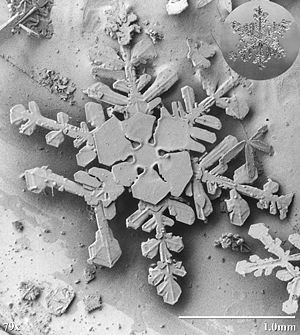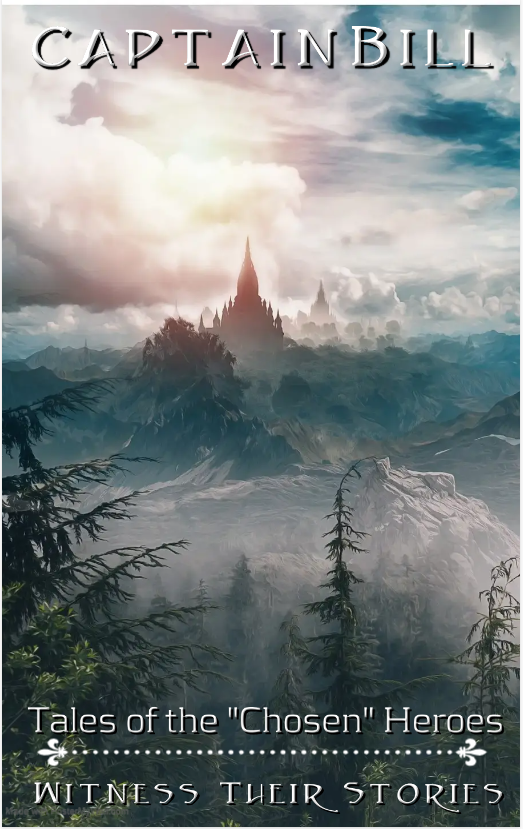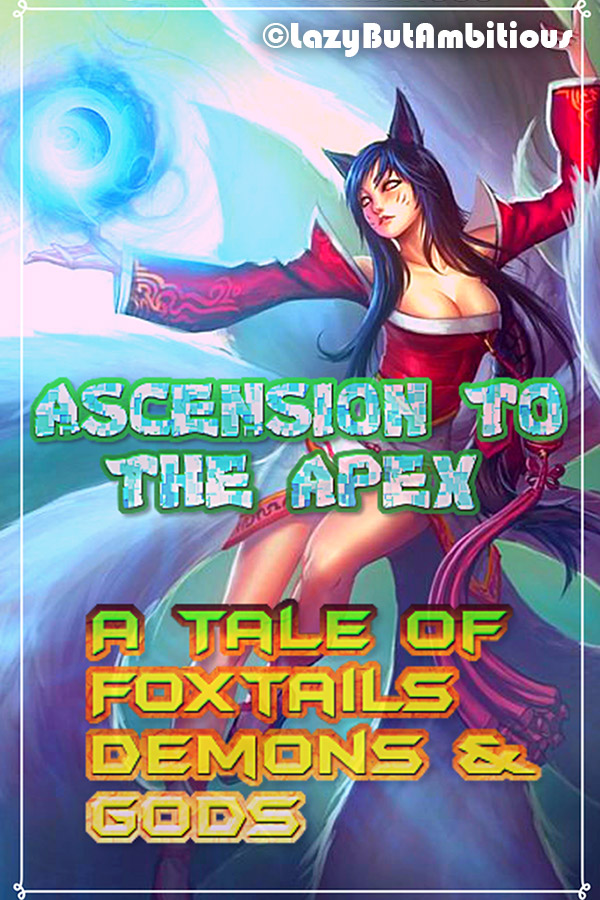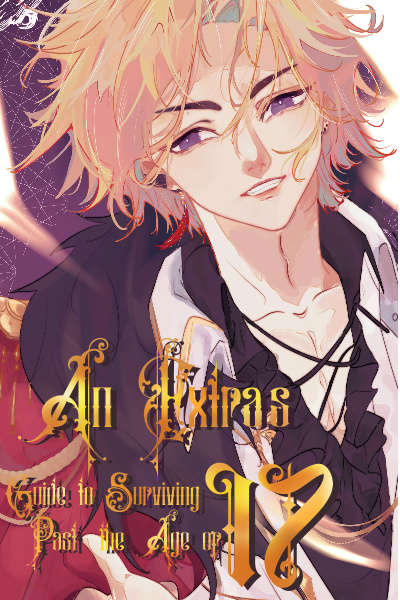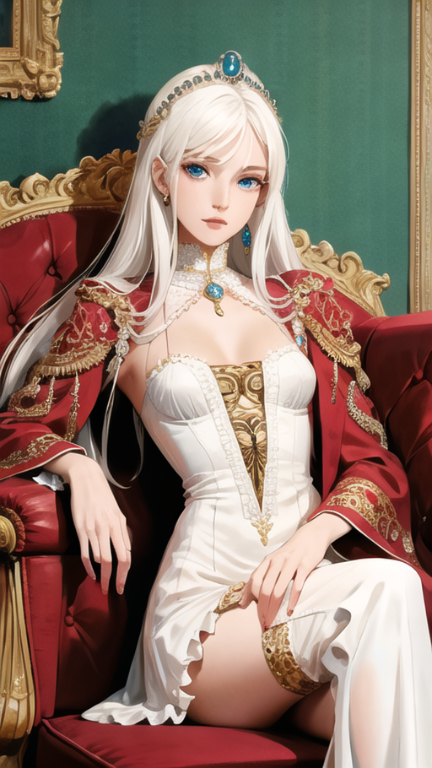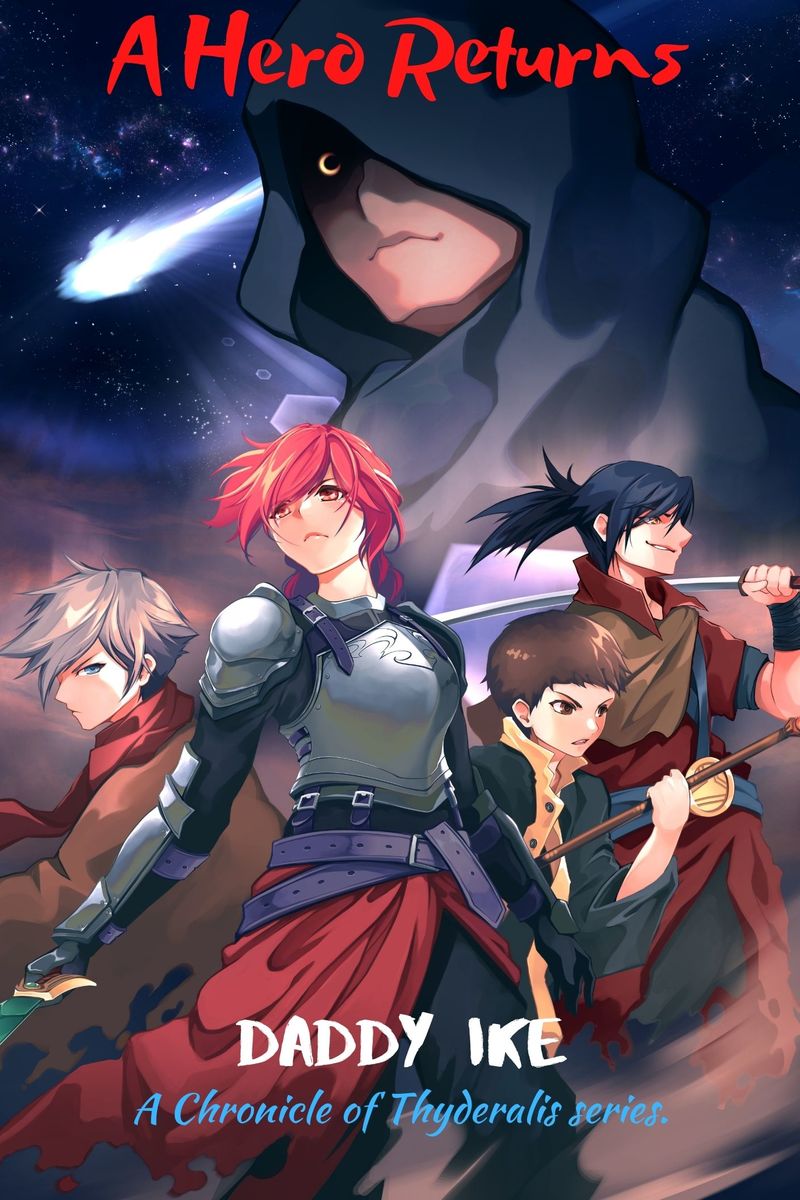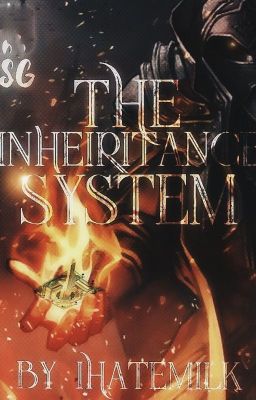.
There’s a pronunciation key at the bottom of the page, if any of these are unclear. The only ones that I believe need to be mentioned in advance:
1) I am using dh to represent the voiced “th” sound (as in English “these” or “that”) and th to represent the unvoiced sound (as in “theater” or “thaw”)
2) I am using both “ao” and “ow” to represent the sound “ow” (like the sound of stepping on a lego barefoot). The “ao” is a substitute for when “ow” looks like an English word pronounced “oh” (such as Low).
3) The all caps, initial cap, all lowercase system represents stress with emphasis, simple stress, unstressed. Fairies tend to pitch these respectively high, medium, low, except with a tendency like English to raise the final syllable of questions extra high.
4) Yes, I seriously am starting syllables with the “ng” sound. Worse, this sound never ends a syllable in Fairy!
Some phonetic contexts never occur in English and are therefore tough for English speakers. For example feh LEH, the title for a knight. Because of the stress on the second syllable, English speakers will try to make it Fe LAY. You just have to persevere.
About phrasing: The stress system (3, above) will tend to push this anyway, but to get Fairy phrasing right, try to playact a really sassy Italian young woman speaking her native tongue. You’ll pretty much nail it. It is bouncy, expressive, always on the edge of being mocking, but very lyrical.
Phrases:
Ëi onar lâ : YEE oh NAHR Lao – “Greetings” (literally, good feelings to you)
Onar lâ is a lazy, less respectful way to say the same. It leaves out the ‘to you’.
Ardana lagili danmema? : Ahr DAH nah LAH NGee lee DAHN meh Mah? – “What are you called?”
Mâanrazo : mao ahn Rah zo – “I am shown unworthy”. (Literally just “shown unworthy”, but it is denotive, not deferential, so it cannot be interpreted as “YOU are shown unworthy” (which would be Mâanraza)
Oëe : OH yeh – “You” (condescendingly, like saying Omae in Japanese )
Tenmacâ : Tehn Mah Chow – “I refuse” (literally, I respectfully refuse, otherwise it would be just “Macâ“)
Cyfen non zil : Chu fehn Nohn ZIHL – “One more time” or “Once again”.
Ci surëo : Chee SOOR yoh – “Forgive me”
Ëi bianëo : Yee BEE Ahn yoh – “Gratitude to you” , in other words “Thank You”
Auhi zöas gi, : Ow hee ZWAHS ngih – “if I’m not mistaken”
Ro : Roh – “am, is, are” used in all persons except second. (this is “denotive sense”)
Ra : Rah – “Are” used in second person only (this is “deferential sense”)
Mo and Ma are the same, but for questions.
Neciydd câhu : Neh CHEE uth Chow hoo – “Do not lie”
Öilzo : Wihl zoh – “It is true” also, one of the ways to say “yes”
Cilzemo? : Chil ZEH moh – “Is that accurate?” An alternative to Öilzemo? “Is that true?”
Marcorhe : Mahr Chor heh – “Humble”, used toward oneself to show respect.
Vesirda: veh Sihr dah – “Fairy Country” – What I have been calling “Faerie”.
Vesir: veh Sihr – “Fairy” – Species or Individual.
Vesirle: veh Sihr leh – “Fairy” – as an adjective
Vesirrí: veh Sihr REE – “Fairy” – as the Language. Note that the double ‘r’ comes out much longer than a single r in this word.
Addresses:
Lagan : lah NGAHN – “Your Majesty”. Yes, you could say it sounds like “Long On”, but the first syllable is unstressed, and the NG is distinctly attached to the second syllable.
Rôn : ROHN – “Your Highness” (note that the o is lengthened. It wouldn’t be wrong to say “Roh oon”)
Rehëu : reh HYOO – “Lord”, “Lady” or “Your Excellency”
Fele : feh LEH – “Sir/Lady” but specific to knights.
Innanmi, : IHN nahn Mee – “Little One”, used not unlike “Chibi” in Japanese. Note the N both in the first and second syllables. If you don’t clearly say both of them, you’re saying it wrong. Try saying the English nonsense phrase “In Non Me” and you’ll be about right.
“-innan”: Ihn nahn – could be equated to “-chan” or like Spanish -ito/-ita
“-nedo“: neh Doh – I’m translating this as “esteemed”. It could be considered the same as Japanese “sama”. Nedo as a word means “Above”
“-ne” : neh – A familiar version of above. Might be used for an older sister or brother to lighten the “nedo” without dropping it, creating a sort of “Big Sister” or “Big Brother” connotation rather than the “Esteemed Sister” feeling of “Salnedo”
The following can have “-nedo” or “-ne” attached to them. The words all function as both as addresses and common nouns:
Dín : DEEN – “Aunt”
Hân : HOWN – “Uncle”
Inin : IHN Ihn – “Father”
Didin : DIH Dihn – “Mother”
Cîn : CHEEN – “Grandmother”
Lôn : LOHN- “Grandfather”
Bíl : BEEL – “Brother”
Sal : SAHL – “Sister”
Enàn : ehNAIN – “Nephew”
Ninàn : nee NAIN – “Niece”
Felhe : FEHL heh – “Son” , normally elided into “FEHLyuh”
Celhe : CHEHL heh – “Daughter”, normally elided into “CHEHL yuh”
Childish and informal forms:
Ba : BAH – “Mama” (baby talk)
Gí : NGEE – “Dada” (baby talk)
Bí : BEE – “Bubba” (baby talk “brother”)
Sa : SAH – “Sissy” (baby talk “sister”)
Sere : seh Reh – “Mom”
Han’in : hahn Ihn – “Dad”
Cize : chih Zeh – “Granny”
Lolon : loh Lohn – “Gramps”
Nouns (not addresses) for the following positions:
En : EHN – “King” (Literally, “Crown”)
Vesiren: veh Sihr EHN – “The Fairy King”
Enel : Ehn EHL – “Princess” (literally, Royal young lady)
Lianel : Lee ahn EHL – “Noble Daughter” (literally Aristocratic young lady)
Ora : oh RAH – “knight”
Enora : EHN oh RAH – “royal knight”
Semöan Cenole Tiana ci cyralinëo : Sehm wahn Cheh no Leh TEE ah Nah CHEE Chur ah LIHN yoh – “I am named Tiana of the High Forest”
Note that Tiana is pronounced differently in Fairy: “TEE ah Nah” When she is speaking Ostish or Dorian, she pronounces her name “tee AH nuh”. (Yes, I changed this. Originally, I was spelling it “Tianà” to make it pronounce “Tee AH nuh like in Ostish/English.)
Incidentally, the first name of her traveling alias Tia Mona derives from the fairy pronunciation of Tiana .
And let’s go ahead and give the long form:
Pendorle lianelfen Orestaniale enorafen Vesirle enel, Semöan Cenole Tiana ci cyralinëo.
PEHN dor Leh Lee ahn EHL fehn oh reh STAHN yah Leh EHN oh RAH fen veh Sihr leh Ehn EHL, Sehm wahn Cheh no Leh TEE ah Nah CHEE Chur ah LIHN yoh
“Noble daughter of Pendor and royal knight of Orestania and princess of Faerie, Tiana of the High Forest, I am named.”
Pronunciation key with more detail:
– all caps (example, AH) is the strong stress, which is higher stress and pitch.
– initial cap (example Ah) is the medium, or normal, stress and pitch.
– lower case (example, ah) is the unstressed / low pitch
– read ah, oh, eh, ih, uh in order as in the vowels in stop, rope, step, lip, cup
– read ee, oo, u in order as the vowels in feet, room, book
– Because using “i” is confusing, I will use “ai” for the long i sound like in high or sky. Enough of my readers should know “hai” and “waifu” to grasp that “ai” is that sound.
– I’m using both “ay” and “ey” for the ‘Long A’ sound (Hey, Lay) I’m choosing whichever one is clearer..
– read “ow” as the vowel in “how”. I will use “ao” for this sound if “ow” will look like long o in English. For example I will use “lao” instead of “low”.
– Read ng like in Sing, not Finger. And it will occur at the beginning of syllables rather than the end.
– ch is as in English. In other words, same as the Italian c before i or e (like in cello).
– I won’t stress on the difference between the initial r and the final r. It’s not important enough here. I also won’t stress on the difference between initial N and final n. (but it is identical to the difference in Japanese for these, if you’re familiar.)
– However, for ‘dd’ I am using dh as the voiced ‘th’ (as in “these” or “that”) at the beginning of syllables, and th as the unvoiced ‘th’ (as in “theater” or “thaw”) at the end of syllables.


